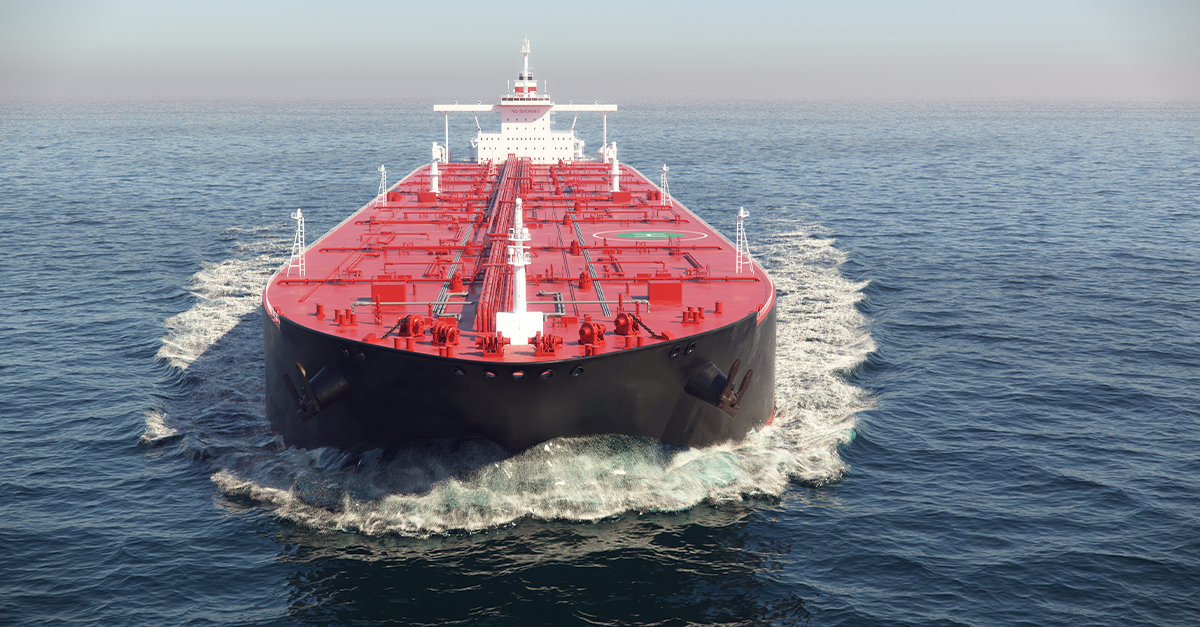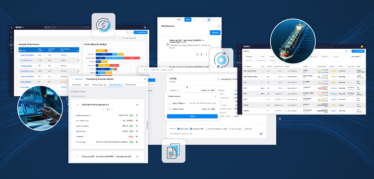It’s no secret that the maritime shipping industry generates a ton of data—more than 120 million data points each day. Meanwhile, the titans in practically every global industry are discovering and applying transformative intelligence through the data their businesses create and consume.
The maritime shipping ecosystem is also acutely aware of the many benefits of data intelligence. Examples of data intelligence in action are the ability to make trade decisions in context of real-time market data, the ability to proactively hedge freight and fuel risk in response to market volatility, and even the ability to assess mark-to-market performance over time. Much of our conversation about data intelligence focuses on the use of data in the present-tense, but great potential lies in harnessing historical data as well.
With that, let’s step back and examine three critical qualities of a historical data repository that can position your business to access the intelligence it needs. You’ll quickly notice that these three pillars, while all integral, are also closely related.
1) Your historical data must be holistic.
The data generated by your business over the years is incredibly valuable—but only if you can see the whole picture. Every decision made, cargo scheduled, voyage completed, claim processed, and trade executed weaves together a tapestry of historical business performance that is ripe for analysis. To provide the greatest possible value, your maritime data repository should be holistic by design and encompass the entirety of your organization’s platform data. This exhaustiveness enables key stakeholders to establish meaningful relationships between various KPIs that can help shape improvement strategies in the future.
2) Your historical data must be standardized.
When we talk about the standardization of data, we’re talking about a business-wide commitment to normalizing information so that it can be readily analyzed over time. Without standardization, historical data cannot be examined longitudinally in a meaningful way. Analyzing non-standardized data can be likened to viewing a pile of puzzle pieces and trying to guess what the complete image is. It would be all but impossible to discern the true subject of the puzzle and to view how its various pieces relate together. Standardization is increasingly important when we are referencing holistic data that spans multiple stakeholders, systems, or stages of the maritime shipping workflow. Holistic data tends to be the most challenging to standardize, so it’s important to take a systematic approach.
3) Your historical data must be accessible.
Ultimately, even holistic and standardized historical data is meaningless if it is not accessible. And yet, the challenge of data accessibility remains widespread. It is important to note that when we say accessibility, we are referring to three things. First is the ability to tap into your historical data on-demand. Second is the ability to absorb that data in a comprehensible format. And third is the ability to quickly harness that data in downstream business intelligence and analytics tools. All three of these dimensions of accessibility must be in place to transform your historical information into true data intelligence.
VIP Data Lake was built on the three pillars of quality historical data.
With VIP Data Lake, you’ll gain access to high-quality historical data from your commercial maritime shipping workflow with a robust repository built for rapid interpretation. We’re proud to offer everything your business needs to assess historical performance data and lay the groundwork for data-driven success. Some of the key attributes of Data Lake include:
- Complete historical system records that encompass all of your VIP data over time
- Standardized data that harnesses the strong foundational standards set by VIP
- Cloud-based accessibility with data optimized for easy comprehension and analysis
Make Data Actionable with the Veson IMOS Platform
As a dynamic platform for the commercial management of marine cargoes and fleets, the Veson IMOS Platform (VIP) provides a comprehensive suite of connected solutions that enable key stakeholders on both sides of the marine contract to make the best possible decisions. VIP Data Lake is the historical data component of a complete, game-changing approach to data intelligence. You can learn more about our approach to your data here.



 Jesse Dilanni
Jesse Dilanni
 Russ Hubbard
Russ Hubbard
 Josh Luby
Josh Luby